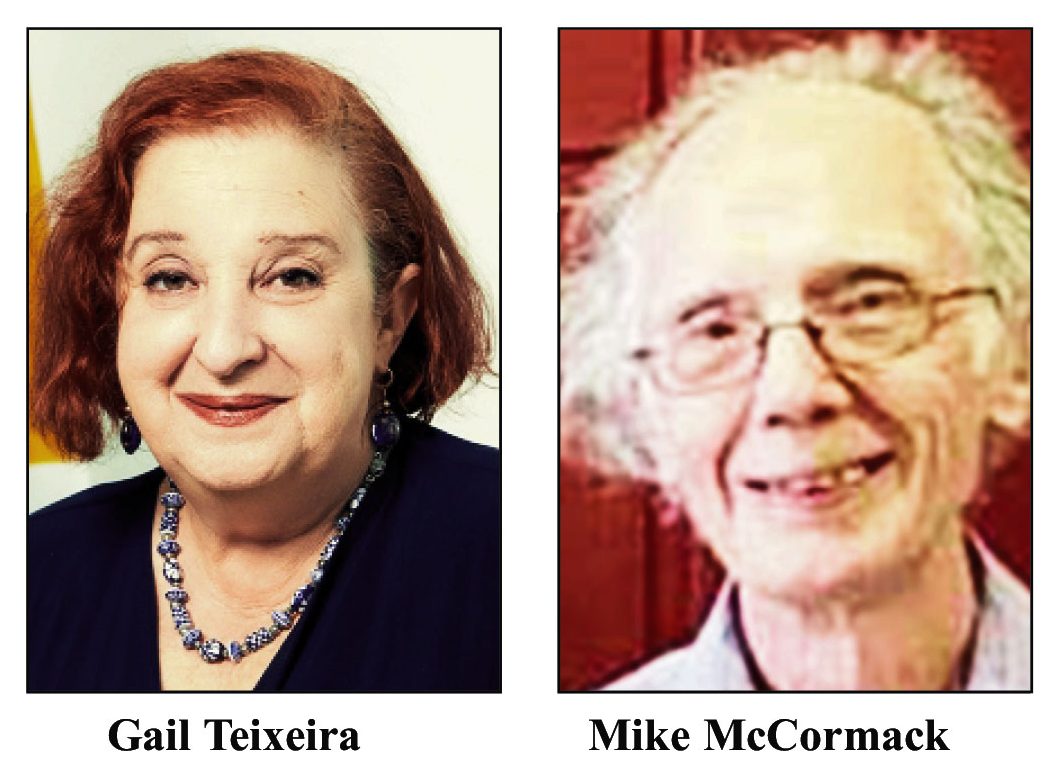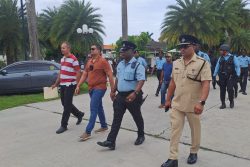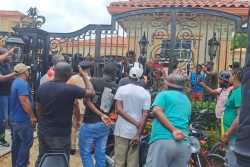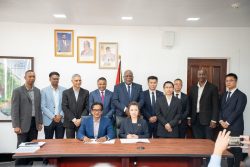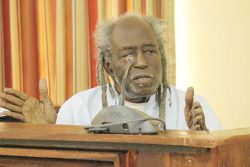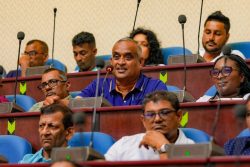-should not be means to target, control – GHRA
Government is working on legislation aimed at registering non-governmental organisations (NGO) and says that it will consult with local groups when the draft is complete.
The move will likely raise concerns in light of recent attacks by senior government officials on NGOs in what has been seen as an attempt to limit the space available to them. There are also concerns that their access to funding could come under threat.
The Guyana Human Rights Association (GHRA) in a response to the Sunday Stabroek said that while it welcomes legislation governing NGOs, it hopes it is not crafted in a way to make it even more difficult for registering the non-governmental bodies or aimed at targeting and controlling the civil society organisations.
“First of all, there is legislation that registers NGOs. The Friendly Society Act, [and] some register under Companies Act, others as a Trust. However, most of them are in breach, with regard to annual audited reports required etcetera,” Minis-ter of Parliamentary Affairs Gail Teixeira told the Sunday Stabroek when contacted last week Thursday.
“I am working on a new draft law regarding registering NGOs. And when ready, [there will be] consultations with NGOs and subsequent movement to parliament,” she added.
GHRA’s head, Mike McCormack, told the Sunday Stabroek that he learned that the legislation was coming but has no idea what it might entail. He expressed the hope that it would simplify the registration process so that the bodies no longer have to register as if they are companies and go through the processes of a money-making business.
Mainly, McCormack said that whatever legislation is being drafted should ensure that government does not use it as a means of curtailing or targeting NGOs.
“We understand that there should be control because NGOs can be used as mediums for money laundering and that kind of thing. So we are not saying NGOs should be exempt. It is important for a country to know who the agents responsible for handling the funding of NGOs are. However, we also just want legislation that recognise the independence of NGOs and not be threatened by government, the way some are now,” he said.
Pointing to the issue over registering NGOs at the moment, where they can register under the Friendly Society Act as a cooperative and another under the Ministry of Labour, McCormack said “The problem is that each comes under ministries and that is not an acceptable status for NGOs,” he said.
“The only other option is registering as if we are a business… ultimately coming under Deeds Registry. With that comes the understanding that we are all businesses. We have to complete formulas about beneficial ownership, who owns the shares and this kind doesn’t apply to us. There is one form that isn’t even entirely applicable to NGOs.
“What we are looking for are situations in which there is an official understanding how NGOs can register. A simplified way of registration,” he said.
McCormack added that the GHRA also hoped that the “proposed legislation removes the right or practice of government of threatening NGOs or treating them as political parties in disguise.”
The GHRA has come under scathing attack from the PPP/C following its criticisms of its administration. Other NGOs such as the Amerindian People’s Association and the Guyana Red Thread are among those that have experienced unrelenting attacks.
Last year, the Attorney General released information about GHRA’s financial matters saying that the NGO had owed the state some $38 million, a claim that was swiftly rejected by McCormack.
In response, the GHRA had questioned whether it was being singled out. It had asked “what steps has the Attorney General’s Chambers taken to legally recognize the category of non-profit organizations in order to put an end to the longstanding dysfunctionality.”
McCormack had also pointed out that a fundamental requirement of the Extractive Industries Transparency Initiative (EITI) states that “stakeholders, including but not limited to members of the multi-stakeholder group must be able to operate freely and express opinions about the EITI without restraint, coercion or reprisal” (EITI Standard 1.3(e) iv). Thus concluding, “The current action against the GHRA smacks of ‘reprisal’ and dispelling such impressions requires convincing evidence that it is routine rather than targeted.”
Vice President Bharrat Jagdeo has said that many of the civil society groups are political and their representatives push opposition agendas. “They work through these surrogate agencies. They hate the PPP. They can’t come out on their own, they don’t want to enter into the political fray and take us on. So, they hide behind some of these NGOs,” he had said at a press conference where he took aim at the APA.
In recent weeks western missions have signalled the importance of civil society organisations. On European Union Day on May 9th , European Union Ambassador René van Nes said “Success also comes through partnerships and we have seen tremendous progress in our cooperation with civil society. The EU is a strong believer in and supporter of a vibrant civil society, both in the EU and abroad. Why? Because civil society allows citizens to take an active part in contributing to the political agenda”.
He added: “This improves the quality of policy formulation, and it strengthens the bond between the government and its people. This is why we are proud to support some successful projects implemented by ChildLinK, the Amerindian Peoples’ Association, and the Guyana Marine Conservation Society”.
Earlier this month, the British High Commission was involved in arranging a human rights workshop at which the GHRA and other local groups were present.
At the closing ceremony for the workshop, British High Commissioner to Guyana, Jane Miller affirmed the UK’s unwavering solidarity with human rights defenders worldwide, whether through bilateral engagements or collaborative efforts with multilateral agencies like the United Nations. Miller underscored the natural synergy between the British High Commission and the GHRA, highlighting their shared commitment to advancing human rights in Guyana.
Last week, a visiting delegation from the New York Police Department held a meeting with non governmental organisations. US Ambassador to Guyana Nicole Theriot was present at the meeting.
